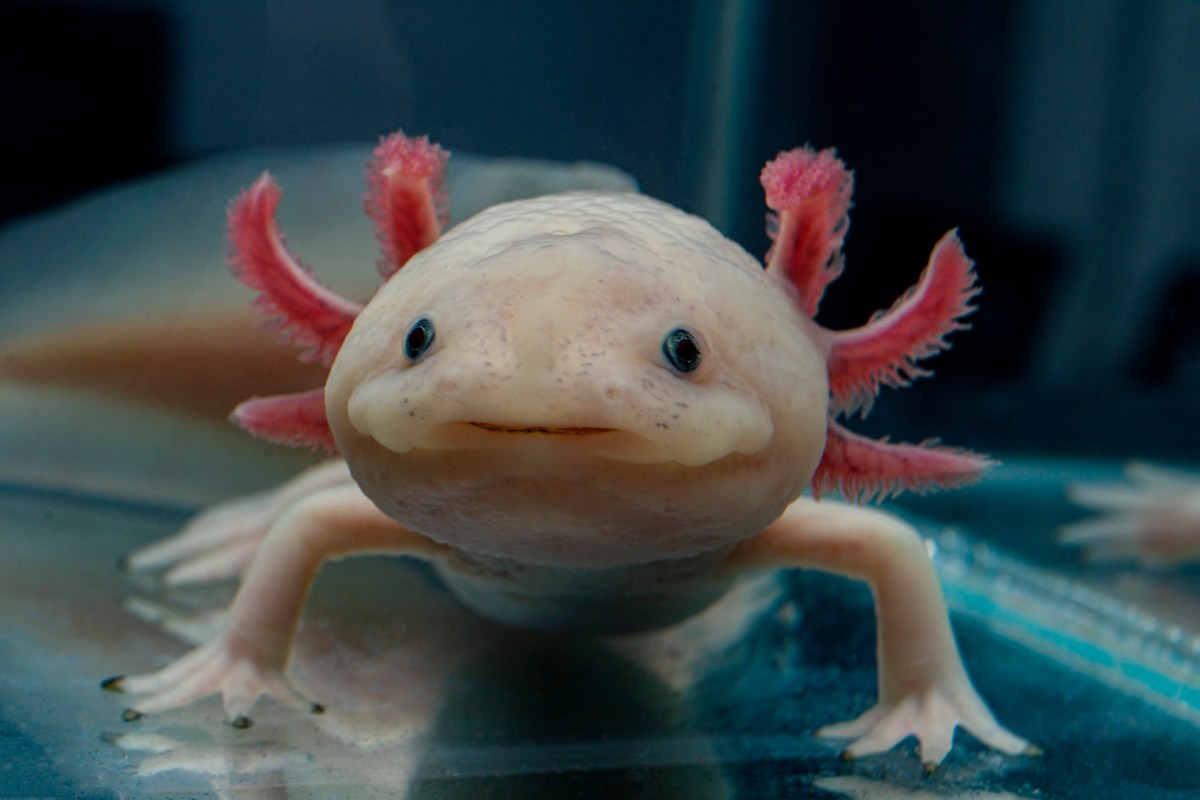Ecologists in Mexico are fighting to save a critically endangered species that they believe could hold the secret to medical miracles like tissue repair and possibly even cancer recovery.
The axolotl, a fish-like salamander sometimes referred to as a "water monster" that has gained cultural-icon status in Mexico, has seen its population density plummet by 99.5%, scientists behind the effort say.
The scientists have launched a fundraiser to save it, asking people to donate 600 pesos (about $35) to virtually "adopt" one of the animals.
So far, the fundraiser has generated just over 450,000 pesos ($26,300), which has gone toward a captive breeding program. But the scientists say they still lack enough resources to combat the crisis.
"We lack big monitoring of all the streams in Mexico City," let alone the whole country, said Alejandro Calzada, one of the ecologists studying the axolotl, to the Guardian. "For this large area, it is not enough."
One recent study found fewer than 1,000 Mexican axolotls remaining in the wild.
"We have to work urgently," Calzada said.
The axolotl has several things going for it when it comes to soliciting donations from the public, however. For one, it is adorable, with a mouth that appears to be constantly smiling. "Axolotls are friendly-faced salamanders that stay in their 'tadpole' form forever," the Natural History Museum writes.
The species might also hold the key to several medical breakthroughs due to its ability to regrow not only its limbs but also its lungs, heart, jaw, spine, and even parts of its brain.
Scientists are still researching exactly how it does this, in hopes that the knowledge can be applied to human medicine. "Axolotls are over 1,000 times more resistant to cancer than mammals — another superpower worth investigating," writes the San Diego Zoo.
But a species need not be cute or have utility to humans to be worth saving. Any extinction of a species is a great tragedy and can have devastating effects on the balance of its entire ecosystem.
Join our free newsletter for weekly updates on the coolest innovations improving our lives and saving our planet.









